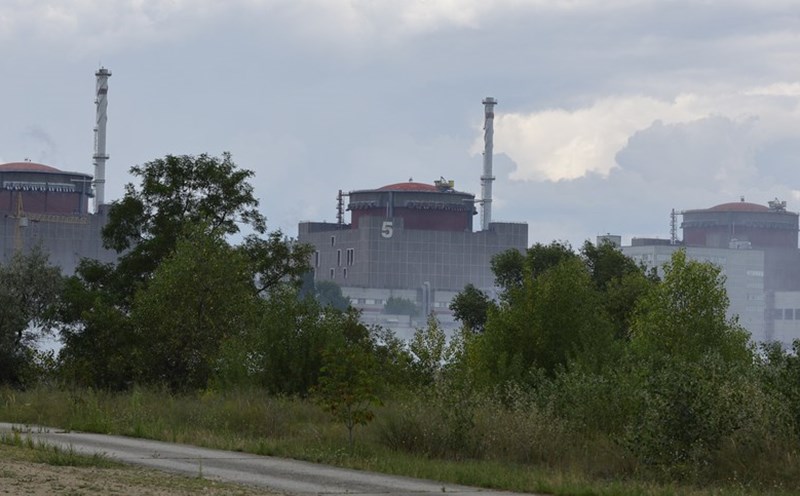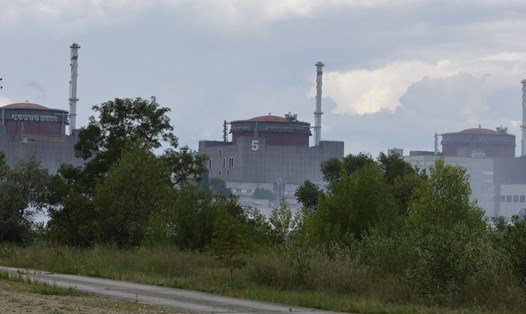RT reported that on March 25, the Kremlin announced a comprehensive list of energy facilities protected under the temporary ceasefire agreement between Russia and Ukraine, brokered by the US.
According to the Kremlin, the order to suspend long-range attacks on these targets will take effect from March 18 and last for 30 days.
The list of targets protected under the agreement includes oil and gas processing and storage facilities, pumping stations, gas pipelines, power plants, distribution networks, nuclear power plants, including Zaporizhzhia nuclear power plants and hydroelectric dams.
Russia said the deal could be extended if both sides agree. However, if one party violates, the other party has the right to cancel the commitment.
The initial ceasefire was proposed by US President Donald Trump during a phone call with Russian President Vladimir Putin last week.
Putin immediately ordered the Russian military to stop airstrikes on Ukrainian energy facilities. However, the Russian military later said that in order to execute the order, it was forced to shoot down seven death drones (kamikaze drones) that were on their way to attack targets in Ukraine.
Ukrainian President Volodymyr Zelensky publicly supported the deal shortly after it was announced. However, Moscow has accused Kiev of violating the ceasefire for only a short time, as many energy facilities in Russia continued to be attacked by Ukrainian drones last week.
On March 24, Caspian pipeline Group (CPC) condemned the Ukrainian attack on the Kropotkinskaya oil pumping station - an important energy facility in the Krasnodar region, Russia.
The CPC operates a large oil pipeline system, connecting oil fields in Kazakhstan and Russia's Caspian region with the port of Novoryskossi in the Black Sea for international exports.
The project has the participation of many major shareholders from Russia, as well as US oil and gas corporations such as Chevron and ExxonMobil.
The actions of the Ukrainian government are causing serious damage to the financial situation of the CPC and directly affecting all shareholders, including the Republic of Kazakhstan and US companies, the group said.











